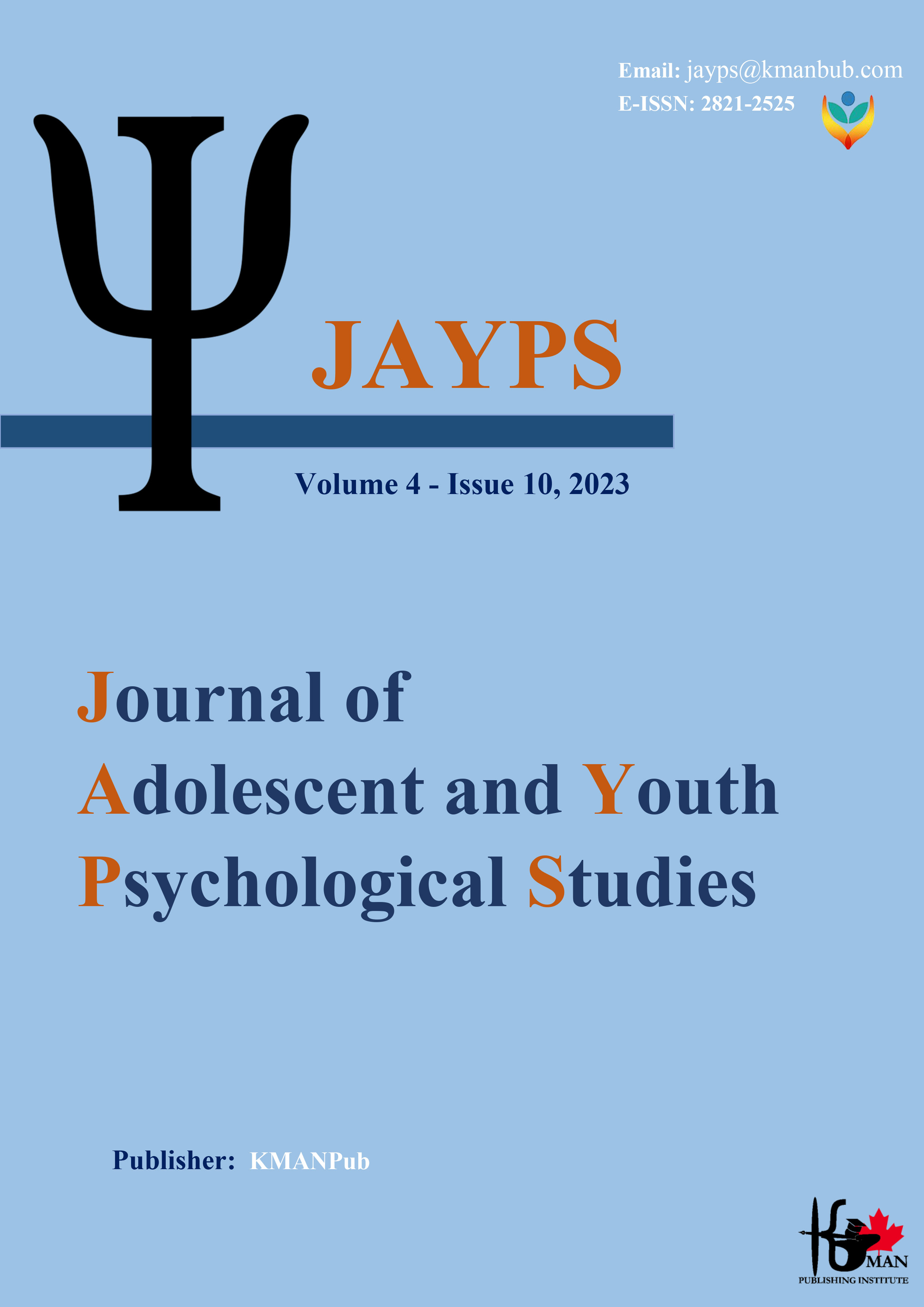Identifying the effective factors on empowering the virtual education of elementary school teachers in Sabzevar city in order to provide a suitable model
Keywords:
empowerment, virtual education, teachers, education, elementaryAbstract
Background and Aim: Virtual education is necessary and necessary for education, like face-to-face education. As the Corona crisis showed how virtual education becomes important in reality when face-to-face education faces a challenge. On the other hand, virtual education may receive more attention in the future. Based on this, it is necessary to pay attention to the empowerment of teachers; Therefore, the purpose of this research was to identify the effective factors on the virtual learning empowerment of primary school teachers in Sabzevar city. Methods: The present research method was combined (qualitative-quantitative) and practical in terms of purpose. The population studied in the qualitative stage included Sabzevar education experts, and the researcher reached theoretical saturation after selecting 15 people, and the purposeful sampling method was used. Also, the statistical population of the research in the quantitative part included male and female teachers of primary schools in Sabzevar city in the academic year of 2013-2014, and 934 people were selected as the sample size by simple random sampling method. The research tool was semi-structured interviews in the qualitative part and researcher-made questionnaire in the quantitative part. Validity and reliability in both parts were examined by experts. Results: The factors affecting the empowerment of virtual education of primary teachers had 61 concepts, 22 factors and 10 categories. Categories and factors include: organizational support (organizational factors - structural requirements for teachers) organizational culture (structural factors - provision of individual needs by the organization) effective training in virtual networks (learning needs - learning effects) individual-social conditions (organizational process - individual and collective characteristics) Facilitating learning (comprehensive management - skill enhancement), mental-practical dimension (mental dimension - skill dimensions), obstacles to empowerment (middle-level problems - micro-level problems), internal-external factors (superior factors or outside the individual's control - exclusive factors) Problem solving (regular training for teachers - strategic changes - social development) has negative and destructive consequences (individual consequences - transpersonal consequences). There is a significant difference between the average of all factors and the average of the population. Also, the quantitative results showed that there is a significant difference between all factors (P<0.05). Conclusion: Education experts and officials can design and implement programs for empowering the virtual education of elementary teachers according to the identified factors and categories and the introduced model.
Downloads
Downloads
Additional Files
Published
Submitted
Revised
Accepted
Issue
Section
License

This work is licensed under a Creative Commons Attribution-NonCommercial 4.0 International License.









